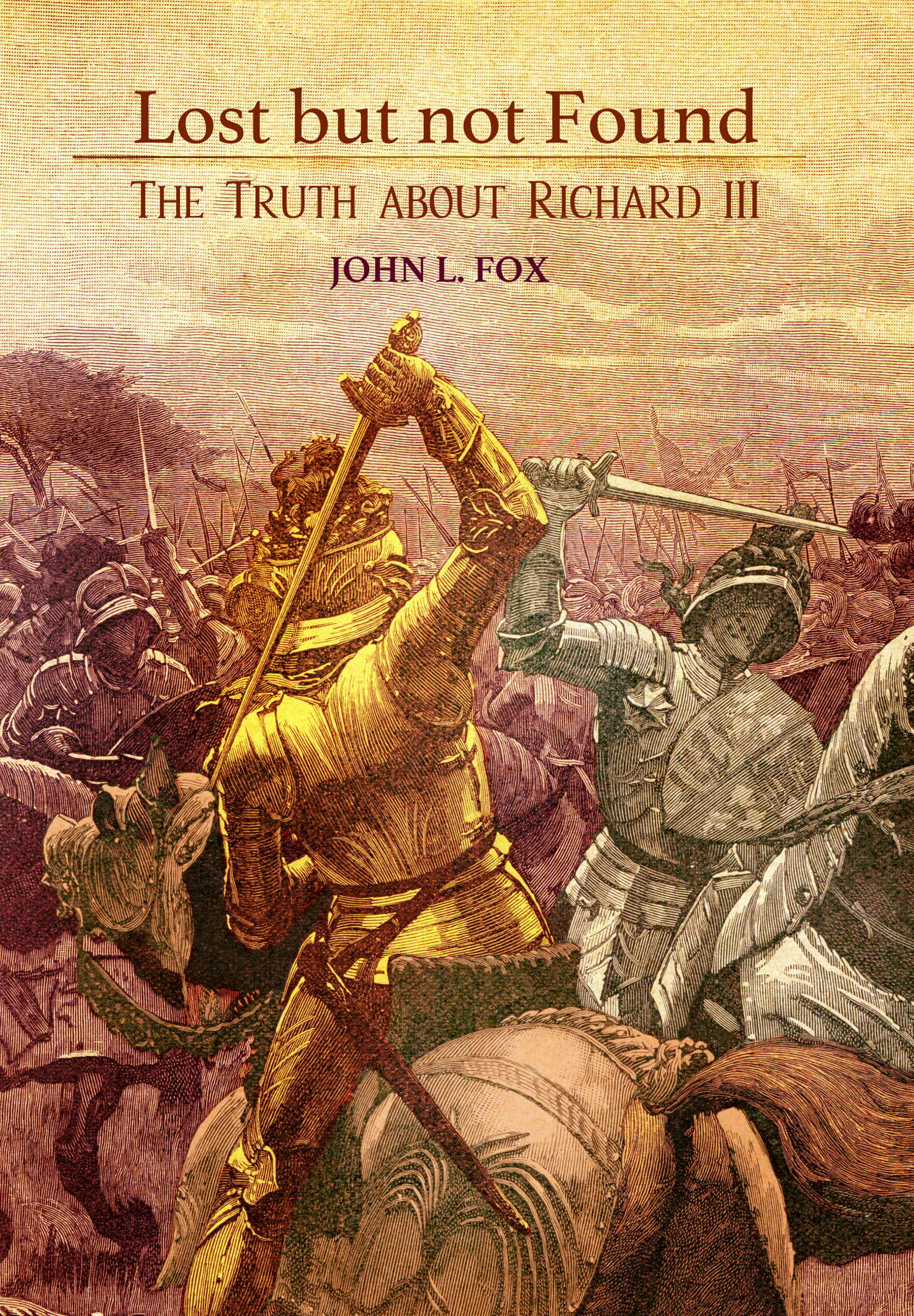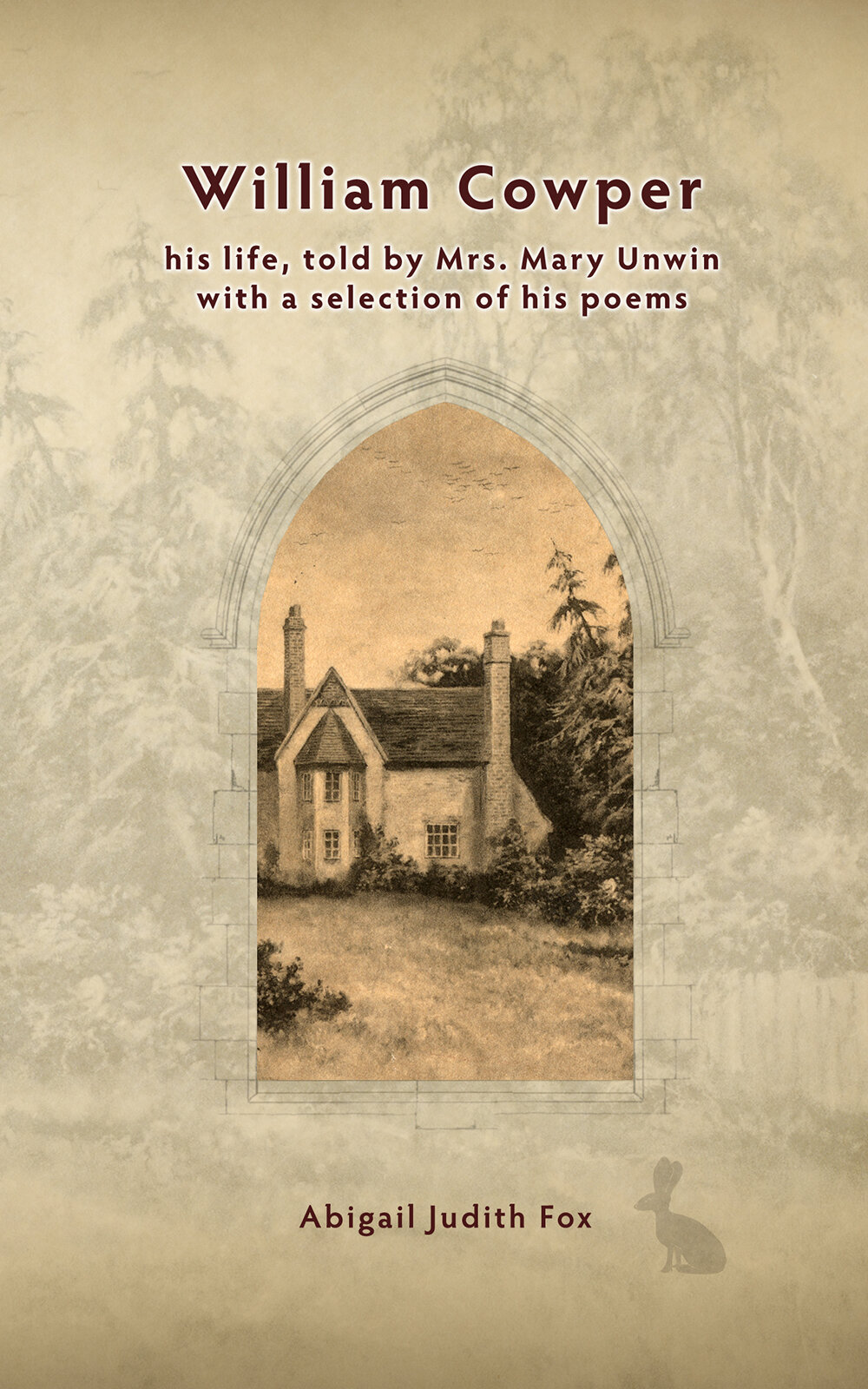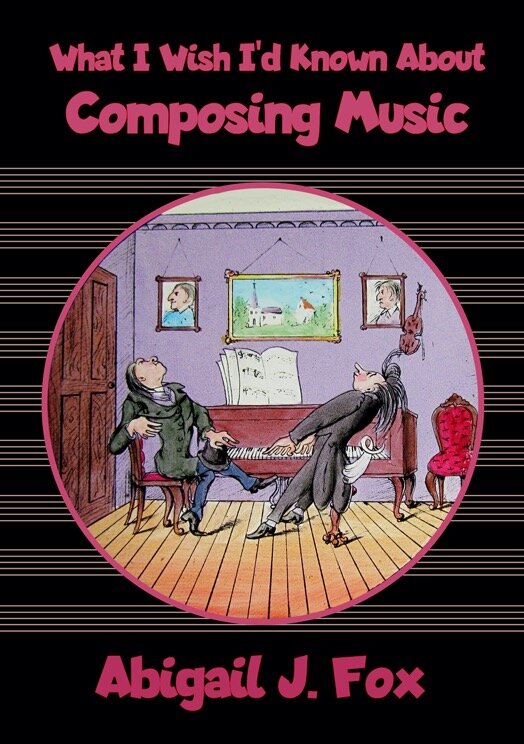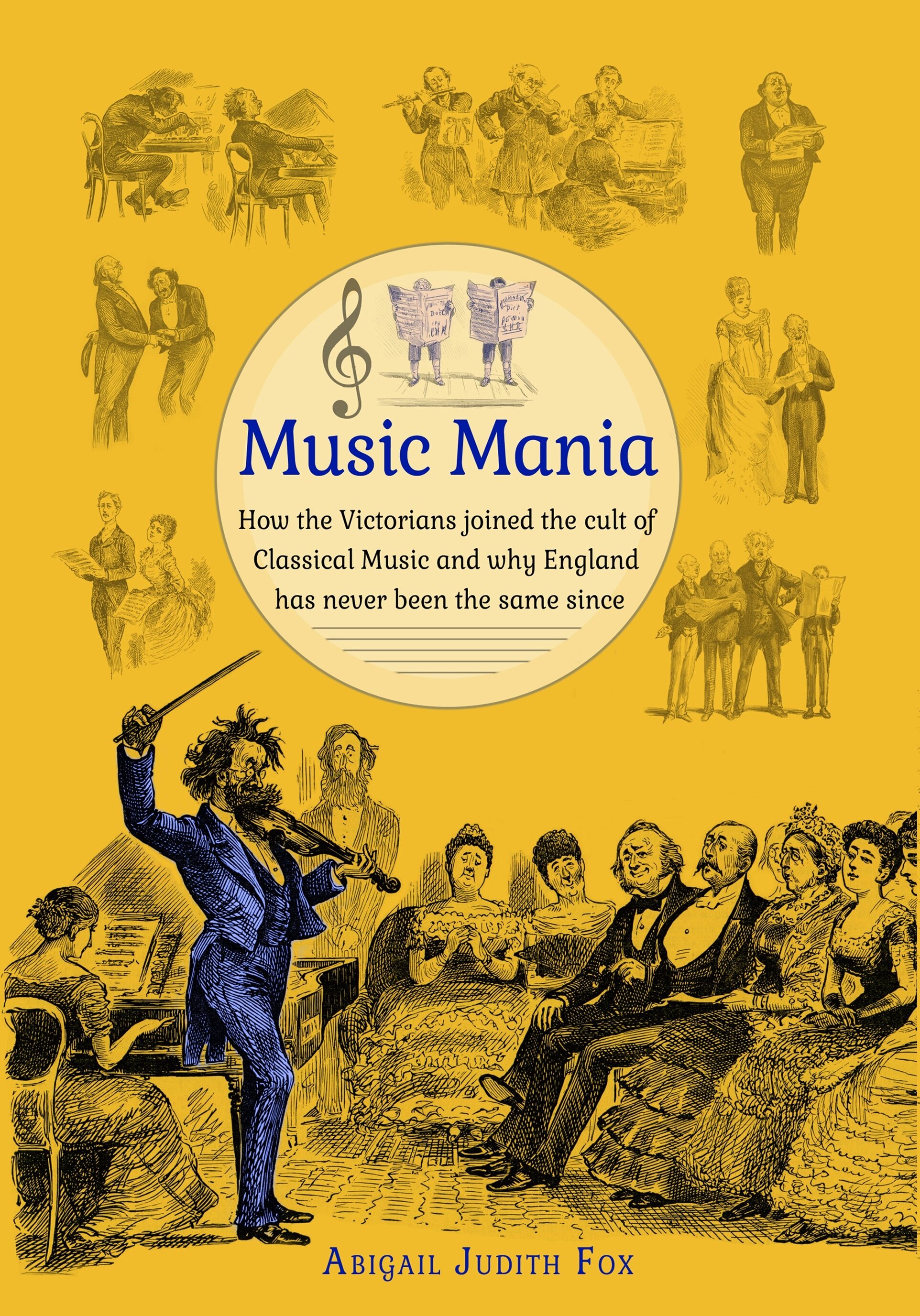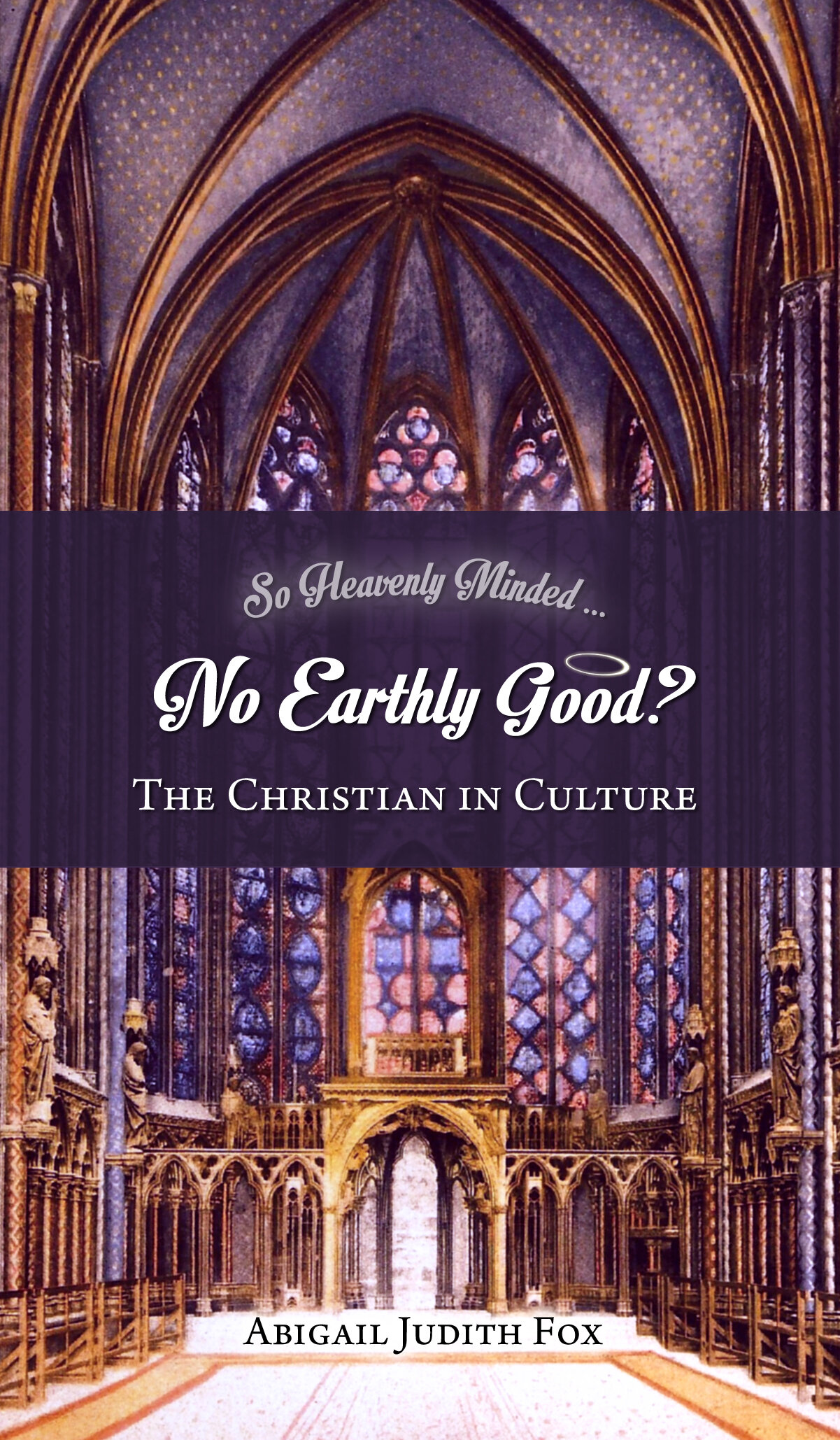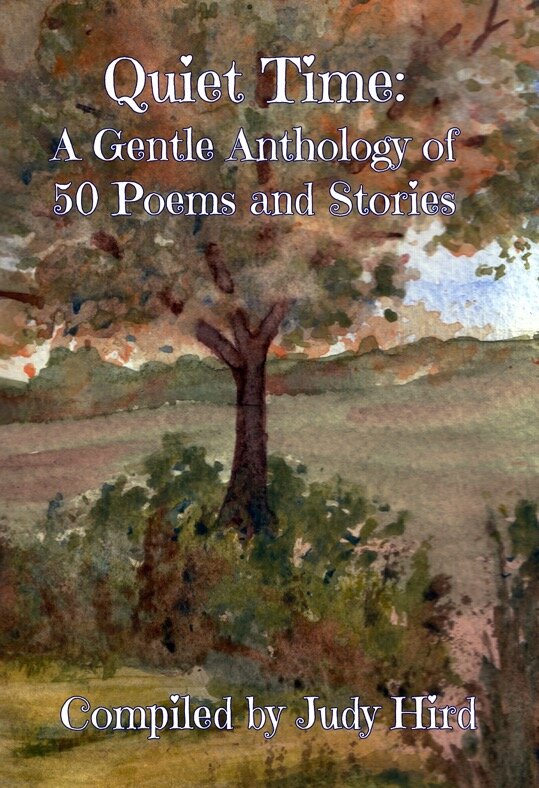ISBN 978-1-716-23344-9
Isaiah-19
By John Leonard Fox. First published in 2021. Hardback / 186 pages. £15.00
This is a detailed Calvinist's study of Isaiah chapter 19.
Isaiah 19.1-15: An Oracle concerning "Egypt"
1. Post-Mortem
2. A Case Study in Romans 15.4
3. The Frog Connection
4. What is the "Egypt in Isaiah 19?
5. Let God arise and his enemies be scattered
6. The Judgments of YHWH Jesus
7. Meltdown
8. Rule Ye Brutish Ye Brutish Rule the World
9. Wise men from the East?
10. The Demon is in the Detail
Epilogue
Hymns Most Perfect: An Essay on Psalmody
By the Rev. William Romaine (1714-95). This edition was first published in 2012. Hardback / 136 pages £10. Paperback / 136 pages £5.
Hymns Most Perfect: An Essay on Psalmody is a beautiful recall to the Book of Psalms. The Rev. Romaine shows that the Book of Psalms is the only Scriptural songbook for the Church and promotes the glory of these "hymns most perfect" so strongly that the reader is left wondering why anyone would consider singing the songs of men. The author's love for the Psalms is persuasive and infectious; his knowledge of Hebrew is insightful; his tender experience as a minister applies the whole to the reader. The book itself is a demonstration of the change that comes over a man when his perspective on life, religion and faith is moulded by these wonderful Psalms, hymns and Spiritual songs!
This book was first published in 1775. Revised by the Rev. Romaine in later years, this edition is taken from the 1796 complete works of the Rev. William Romaine.
The volume has undergone the most gentle editing, of a structural and cosmetic nature. Subheadings have been added and large, dense paragraphs broken up into more reasonable sizes. Where Scriptural quotations were not referenced, this has been amended. Where spellings would be wrong in modern English they have been changed, with a very few exceptions for stylistic reasons. Archaic language endings have been preserved for the beauty of the effect.
Protestant Truth: The Lord’s Supper & Justification
By the Rev. William Romaine (1714-95). This edition was first published in 2013. Paperback / 74 pages £0.50
“The Lord's Supper”
This treatise was commissioned as a charity book by a patroness who wanted the Sacrament explained for anyone to understand. The Rev. Romaine did so admirably. It is a concise work, deep in truth but simple to read.
“Justification”
The Rev. William Romaine was obliged to answer the heretical views then being published by a fellow Anglican minister in Bristol. The work begins with the Bristol text and then the Rev. Romaine uses a dialogue format to expound how easily the minister had fallen into the trap of adopting a Roman Catholic view of Justification. The Rev. Romaine's work excels in promoting the truth of justification by faith in Jesus Christ alone.
Lost but not Found: The Truth about Richard III
By John Leonard Fox. First published in 2019 Paperback / 634 pages. £25.00. This book is printed to order, so please expect a delay in delivering.
ISBN 978-0-244-83914-7
Everyone knows that Richard III was buried in Leicester; every one knows that Richard III had a deformed body; everyone knows he had a twisted spine; everyone knows that one of his shoulders was higher than the other; because that was what Rous said. Before ever they carried out any of their "tests", before another "expert" examined the remains, those pseudo-scientists had had all their previous "knowledge" about Richard confirmed. From that first glance, it was a foregone conclusion that they would have the "results" to confirm their initial judgment. That's how science works in the Twenty First Century. The body in the car park had to be him, because that body showed evidence of scoliosis. ... But the Leicester grave-diggers have not the bones of the King, because the King did not have a twisted spine.
The truth is that there is not one scintilla of credible evidence that Richard III had any anatomical abnormality, so any one claiming to have found his remains, because those bones show the person suffered from a twisted spine, is mistaken. The Leicester grave-diggers have not the bones of the King, because the King did not have a twisted spine. There is no reliable evidence of any kind of deformity in King Richard III. Therefore, the body in the car park is not his.
Life of William Cowper, as told by his friend Mrs. Mary Unwin
By Abigail Judith Fox. First published 2012. Paperback / 158 pages £6
William Cowper (1731-1800) was a nobleman who in 1757 was uprooted from all the props and comforts of his station and moved to live in the countryside. The local people were generally poor and called him Sir Cowper as a mark of respect. He lived quietly with the Unwin family and in time became the author of such poetry as "The Task". Some lines have become part of the English language in phrases such as "God moves in a mysterious way".
Cowper was far more complicated than stereotype ever allows. He was a man who could grow pineapples in England, tame wild hares and win the hearts of children; a man who could hold his own against his friend the Rev. John Newton and would not suffer a fool; a man who never married, once forbidden the woman he loved; a man who knew what he believed and when he lacked assurance, even then did not doubt the truth of the Gospel of Jesus Christ.
ISBN 978-0-244-54408-9
What I Wish I’d Known About Composing Music
By Abigail Judith Fox. First published in 2020. Paperback / 100 pages £7.00
Rich with anecdotes and illustrations, this short book aims to help you start composing. Drawing on the experience of the author, through school, university and commercial work, you will learn about the obstacles facing the new composer and how to overcome them. This is a friendly guide for the music lover or music student, who wants to make progress and develop their own style.
This book is currently printed to order, so please expect a little delay in delivering.
Music Mania: How the Victorians joined the cult of Classical Music and why England has never been the same since
By Abigail Judith Fox. First published 2016. Paperback / 300 pages £10.00
Many Victorians disliked the music of J. S. Bach, Schubert, Brahms, Schumann and Berlioz. They didn't care if such music was clever; they favoured the melodies of Mendelssohn and harmonies of Mozart. When a new century dawned, England still preferred Arthur Sullivan to Arnold Schoenberg and Johann Strauss to Richard. They had even less interest in the innovations of Stravinsky, Bartok and Mahler.
By the end of the Second World War, a new order had been established. After 100 years of resistance, England had finally joined the music cult. Music is now the religion of England. We believe in the power of music for good. We believe that music unites us. We believe that music has the power to change the world and that musicians are prophets of truth. We believe that music saves us and atones for the evil in the world.
"Music Mania" exposes and rejects these beliefs. Tracing the roots of the problem through the concert halls and cathedrals of Victorian England, until we arrive at last in the anarchic realm of modern music.
Beauty & Joy: The Christian Nature of Music
By Abigail Judith Fox. First published in 2013. Paperback / 268 pages £5
Humanism has destroyed music. We no longer have any idea what music is, what music does, or how music is written.
The reason is very simple: music is a Christian art. Cut music off from the Christian faith and what you have left is madness and confusion. Humanists tell us that music means everything and nothing. They say it provokes a spiritual response, without believing in God. Their compositions are devised through empty processes and leave many people asking, "Why don't they write them like they used to?"
The Church has been silent. Christians say that music is a controversial and divisive subject and only causes arguments. But this does not stop Christians from playing, singing, making and enjoying music every day. The Church has surrendered music to humanism. This book takes it back.
The Christian Nature of Music challenges the status quo. It does not present a new philosophy or an alternative view. It is the truth.
No Earthly Good? The Christian in Culture
By Abigail Judith Fox. First published in 2014. Paperback / 170 pages £6.00
This book is about conformity. When Christianity was set aside by the once-Christian West, people were granted apparent freedom to do whatever they want. But what do they do? They conform to the status quo. People aspire to look like their idols and be as rich as their heroes, as though there is nothing more to life. The fashion changes and people change with it. They learn political correctness, moral relativism and all the other new "rules" of life from books, film, music, art, magazines and tv.
This book is also about non-conformity. It is about how the Christian can obey the words of the Apostle Paul and not be conformed to this world but be transformed by the renewing of the mind. It is not about changing culture. It is about living to the glory of God in a personal and public sphere: how to love your neighbour and how to love your enemy. When Christians turn to God and seek his approval, no matter what people think (Christian or non-Christian) they can be exposed to all kinds of cultural expressions without harm.
The Land of the Living: A Collection of Poems
By Abigail Judith Fox. First published in 2013. Paperback / 138 pages £3.00
"The Land of the Living" is structured in six parts. It begins with the bold simplicity of the Christian faith, where only the concerns of honouring God are before the eyes of the poet. It moves softly into the realm of pain and trouble - where life appears to interfere with the poet's ideas and best intentions. And from this emerges a more honest expression of faith, failing and weak and yet safe.
The climax of the book is found in the largest poem "Artist Tree" in which the poet shares her own journey of exploration through the interplay of faith, art and duty. The book closes on gentler ground - faith in the little things, the humour of life. It needs less stating, less emphasis and yet it is no less real. The tapestry of words is woven in the English countryside, which holds a beauty and charm all of its own.
Quiet Time: A Gentle Anthology of 50 Poems and Stories
By Abigail Judith Fox. First published in 2020. Paperback / 217 pages £10.00
This “Gentle Anthology” contains variety of stories and poems for when we are tired and need to rest. Full of reflections on love, character and the complexity of life, from a Christian perspective.
Some of the poems and stories have been published previously, so the contents are below:
Dedication, Truth Wealth, Mercy, The Throne of Grace, Courage, By Sun and Candlelight, One Day in Seven, Tears of Love, Nostalgia, Why should we then live?, The Land of the Living, It Never Rains but it Pours, Love, Hope, The New Year Resolves, What we May and What we Do, Wisdom, The Hope of the Helpless, A Yorkshire Dale, Humility, Benny and Joan, My Shield, Upon the Pillow, Human Virtues, Humanity, Welcome to the 21st Century, Jackie, What the Cat Knew, Ode to the Donkey, Regrets, Justice, Wilkie: "A Rabbit's Worth", Wilkie: "A Helping Paw", Wilkie: "A Long, Long day", Wilkie: "A Friend in Need", Wilkie: "A Day in Bed", Crying, Stargazer, Joy in Sadness, Princess May, Judging, The Memory of Edwin Sand, Canine Haiku, The Mouse, Smiles, A New Year's Tale, Thy will be done, The Captain of my Soul, The Woebegones, Goodnight.
Reflections by George R. Slinn
George Richard Slinn was born in Sheffield in 1918. His parents, Joshua Slinn and Emily (née Lowe), had three children of which George was the youngest. He worked at Sheffield Steel Works all his life. He was married once and had no children.
In 1962, George Slinn printed his poems for family and friends. The original booklet was made by the Arcadian Agency, Egremont, Cumberland and dedicated To Harry and Adelaide Baxter. One copy was personally inscribed to ten year old John, George’s first cousin once removed, who is also this editor’s father.
I was given the copy of cousin George’s poems at about the same age and found them hard to fathom. It is no wonder because these are “Reflections” of a man who had experienced the complications of life. Sometimes the poems are heavy with grief and yet they stare at the sorrow without blinking. At other times the poems are buoyant at a small happiness or the merest glimpse of love. He cherishes the idea of romance with a passion that is often poignant and occasionally playful. There is a pervasive sadness in the collection. It is there in the first poem, Alone, the burning desire of a man to learn from God what he will be. He seems to stand apart from other people. Even in his romantic poems, he kneels before the woman or places his affections on a precipice. In the final poem, Distant Brothers, the poet ceases to observe and acts, to renew the bonds of filial affection in spite of everything. We feel that the poet is finally letting us meet the man and so it is a shame that this is the last poem.
George R. Slinn died in 1997. This edition has been produced in the hope that if the few copies given during his lifetime are lost, then he words will remain.




